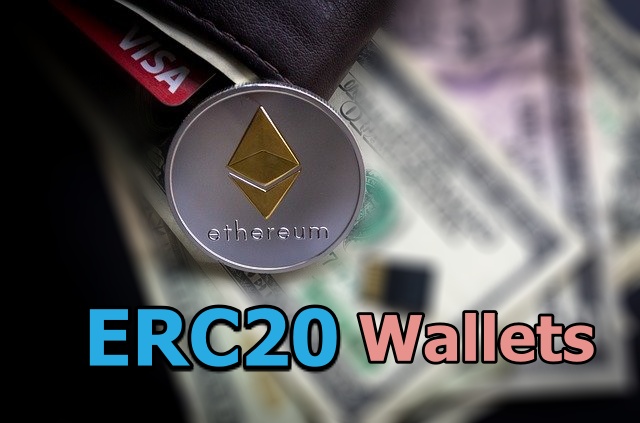List of 10 Best ERC20 Wallets
At the time of writing this post, there are approximately 10,000 cryptocurrencies listed on the coinmarketcap website.
But the fun part is, in the crypto world, there are more tokens than coins, even price tracking websites cannot track them.
Many tokens play an important part in a crypto ecosystem, and when it comes to tokens, the Ethereum ecosystem dominates the creation of tokens.
In fact, Ethereum ERC20 (Ethereum Request For Comments-20) standard is known for making it easy to create a token and has created over 400,000 tokens.
Yes, over 400,000! That’s an insane number. And still, new tokens are created day by day.
Now the problem arises of storing these tokens because it’s hard to find a wallet that stores your favourite ERC20 token.
So I created this post listing the best wallets available in the market to store ERC20 tokens.
I’ve listed the wallets based on these features:
- Control over Private Keys.
- Easy to use UI design.
- Backup and Restore feature.
- Active development community.
And categorised based on compatibility:
- Hardware.
- Web.
- Mobile.
Ok, now hop on the list category wise.
List of ERC20 Hardware Wallets.
Ledger Hardware Wallet.
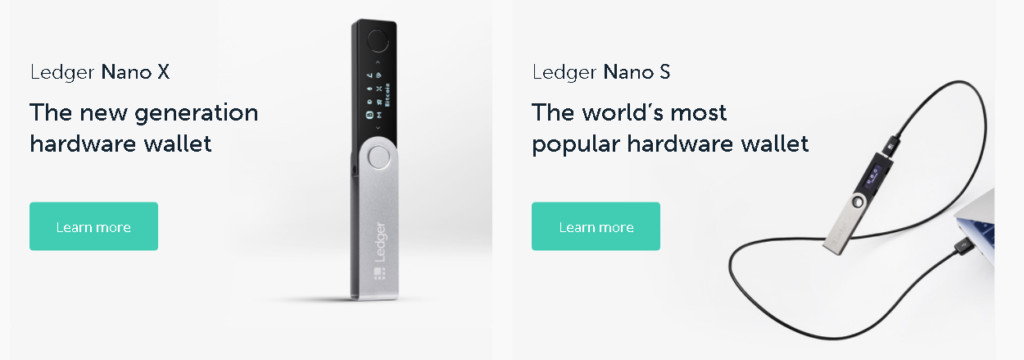
Both Ledger Nano S and Ledger Nano X are capable of storing up to 1,250 ERC20 tokens.
But to manage all the ERC20 tokens, you must have their Ledger Live software installed.
To use the software, you must have any one of the hardware wallets. Since ledger hardware wallets are HD wallets (Hierarchical Deterministic Wallet) and secured with PIN and passphrases, you don’t have to worry about backup and security.
Also, Ledger has a good support team and is constantly under development to add new features.
Trezor Hardware Wallet.
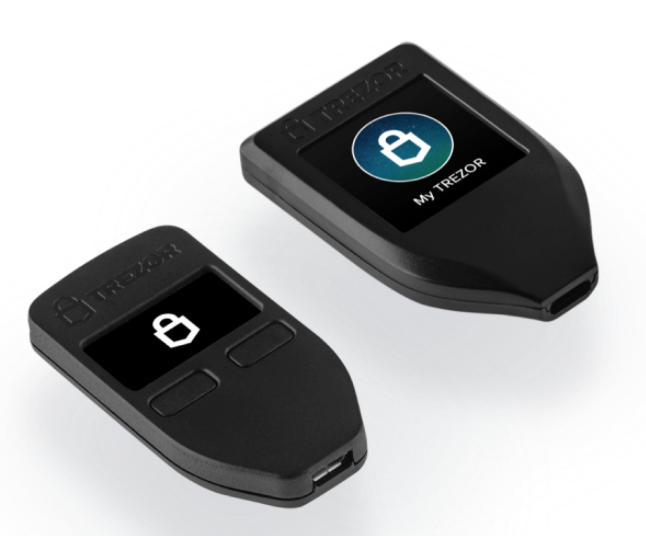
Trezor is one of the oldest crypto hardware wallet makers operating since 2011.
Using both Trezor One and Trezor Model T, you can store all the ERC20 tokens.
But like the Ledger, Trezor needs third party wallet services MyEtherWallet and MyCrypto to manage ERC tokens.
You don’t have to worry about using third party services because the private key is safely stored in the hardware wallet, which is protected by PIN and seed phrase with the active support team backing.
BitBox02.

BitBox02 is another hardware wallet like the above developed by Swiss company Shift CryptoSecurity.
Bitbox comes in two variants, first is a Bitcoin-only wallet that stores only Bitcoins; another is supporting over 1,500 cryptos including ERC20 tokens.
Like in the above wallets, you have to use third-party software MyEtherWallet for maintaining ERC20 tokens in BitBox02.
Security-wise, BitBox02 lets you create a passphrase and use the Universal Two Factor Authentication (U2F), plus you can back up all the data to an external SD card in case there’s any theft or damage.
Their app is user friendly and only accepts firmware designed by Shift Crypto. The firmware is open-source and allows deterministic builds. Additionally, they have a bug bounty program for reporting any findings of security breaches.
List of ERC20 Web Wallets.
MetaMask.

MetaMask is a free browser extension that gives you direct access to the Ethereum blockchain.
MetaMask acts as a wallet and browser at the same time, letting you manage all the ERC20 tokens and at the same time allowing access to Ethereum DApps.
You can secure the wallet with a seed phrase, and it stores all the information on your system. Also, it is an HD wallet, so you never have to worry about security.
The wallet has an active team behind making continuous changes.
MyEtherWallet.

I’ve mentioned MyEtherWallet a couple of times in this post, which shows wallet popularity to store ERC20 tokens.
MyEtherWallet is not exactly the wallet, it’s a free, open-source, client-side interface making it easy for individuals to store Ether and other ERC-20 assets on the Ethereum platform.
In layman terms, MyEtherWallet is an offline wallet that allows you to create a wallet online, then it uses your machine browser to generate necessary data, and nothing is ever stored on MyEtherWallet servers.
From a security point of view, in MyEtherWallet, you have private key control, so you need not trust any third party for the security of your funds. Also, it generates a unique private key, compatible wallet that cannot be accessed by anyone online for third party wallets.
However, it is recommended to use MyEtherWallet with any hardware wallets if you want to store large amounts of funds.
Besides all of this, MyEtherWallet has an active community base and updated knowledge panel, FAQs to help you.
Guarda Wallet.
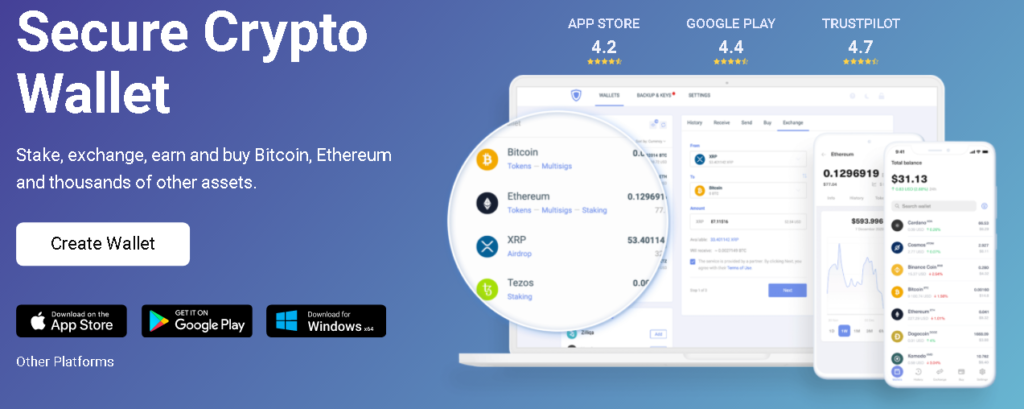
Guarda is an open-source and multi-platform crypto wallet meaning you can use Guarda in your browser, mobile, and also as a chrome extension.
The wallet supports more than 50 cryptocurrencies and 10,000+ ERC20 tokens.
You can even create your own token with Guarda using their additional service Guarda Token Generator.
Whether it’s managing tokens or creating one, Guarda doesn’t hold any information on their servers, and you can create a password, or if you use their mobile app you can choose Face or ID recognition for protecting your wallet.
Guarda also offers encrypted backups stored on your device.
And there is an active team available 24/7 to handle customer queries.
MyCrypto Wallet.
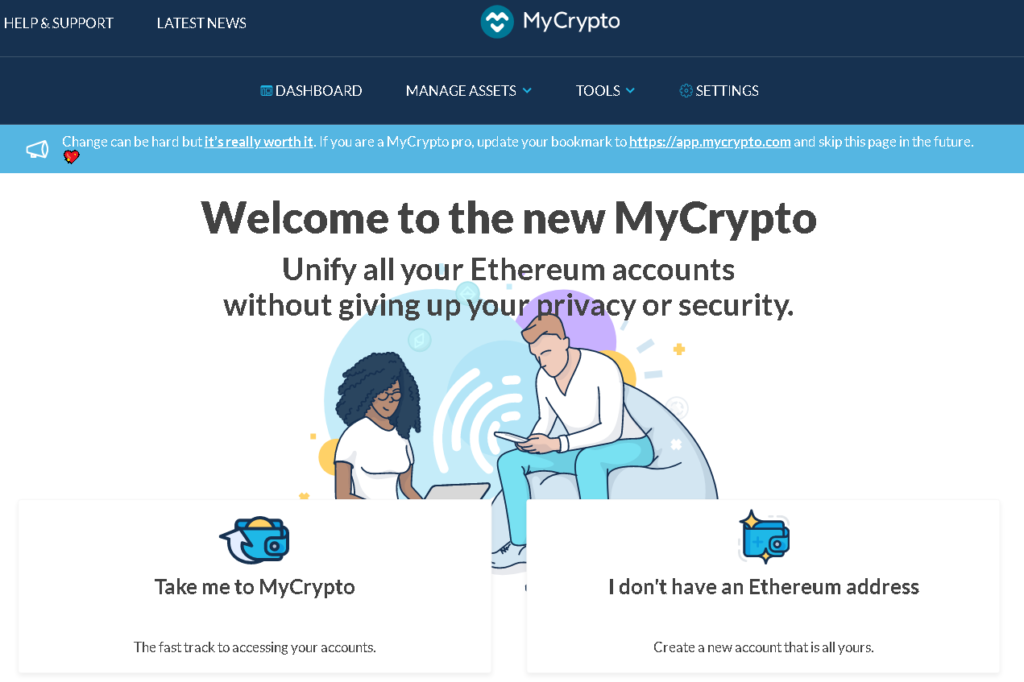
MyCrypto Wallet forked off from the MyEtherWallet code base and launched in 2018.
Like MyEtherWallet, MyCrypto is also an open-source and client-side interface for individuals who want to store ethereum and its tokens.
Since the wallet is a client-side interface, you don’t have to worry about private keys and is recommended to use with any hardware wallets.
They have an updated knowledge panel if you need help or guidance.
List of ERC20 Mobile Wallet.
Trust Wallet.
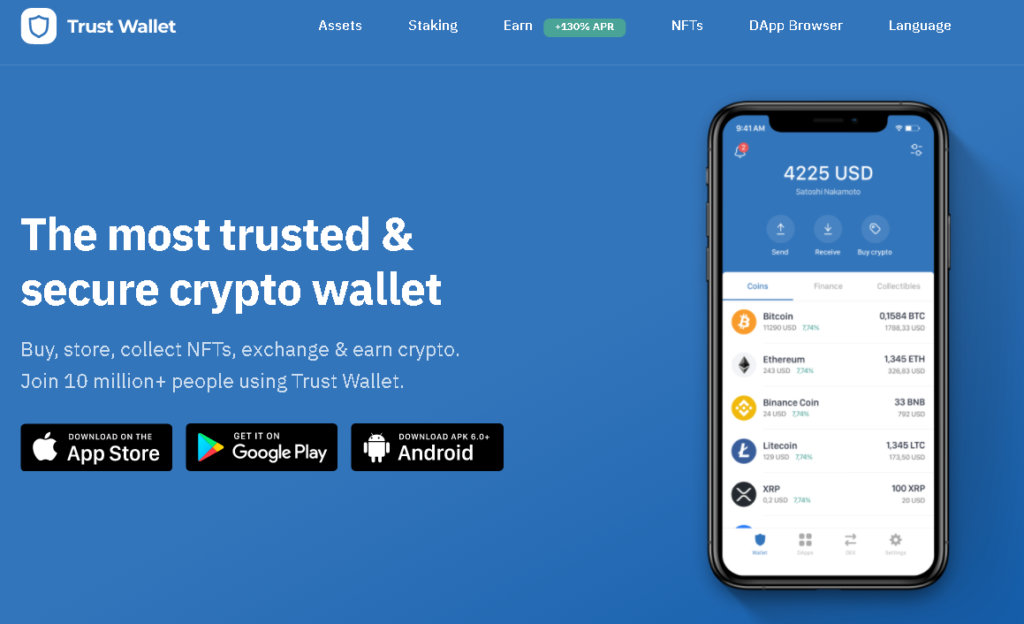
Trust is the mobile wallet offering services for both Android and iOS devices.
The wallet supports 40 cryptocurrencies and over 160K tokens which includes ERC20 and ERC223, plus it acts like a Web3 browser that allows you to interact with DApps directly from the app.
Not only cryptos, you can store NFTs and game assets, but you can also earn interest by staking crypto with a user-friendly interface.
Trust is the non-custodial wallet, so you have control over the private key and other data after downloading the wallet. You can also enable PIN and fingerprint scanning to make the wallet more secure.
Lumi Wallet.
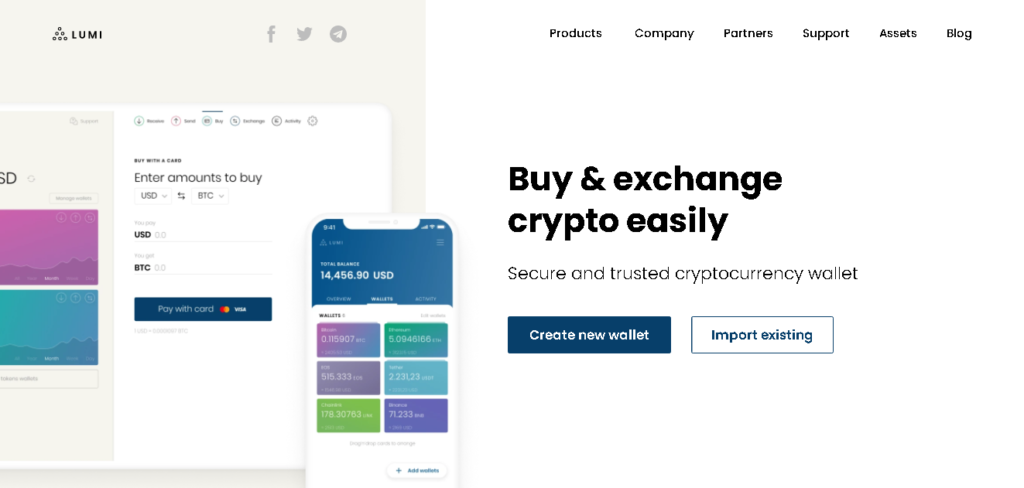
Lumi is the non-custodial HD wallet available for both Android and iOS users.
The wallet supports ERC20 and ERC721 standard tokens.
You don’t have to worry about security and privacy because the wallet is the HD wallet, and you can set fingerprint, face ID protection, plus the wallet is non-custodial, meaning it doesn’t store any information on any servers.
For easy backup, you can use the mnemonic phase set by the wallet.
The wallet code is available to the public for more evaluations making the wallet open-source.
Coinomi Wallet.
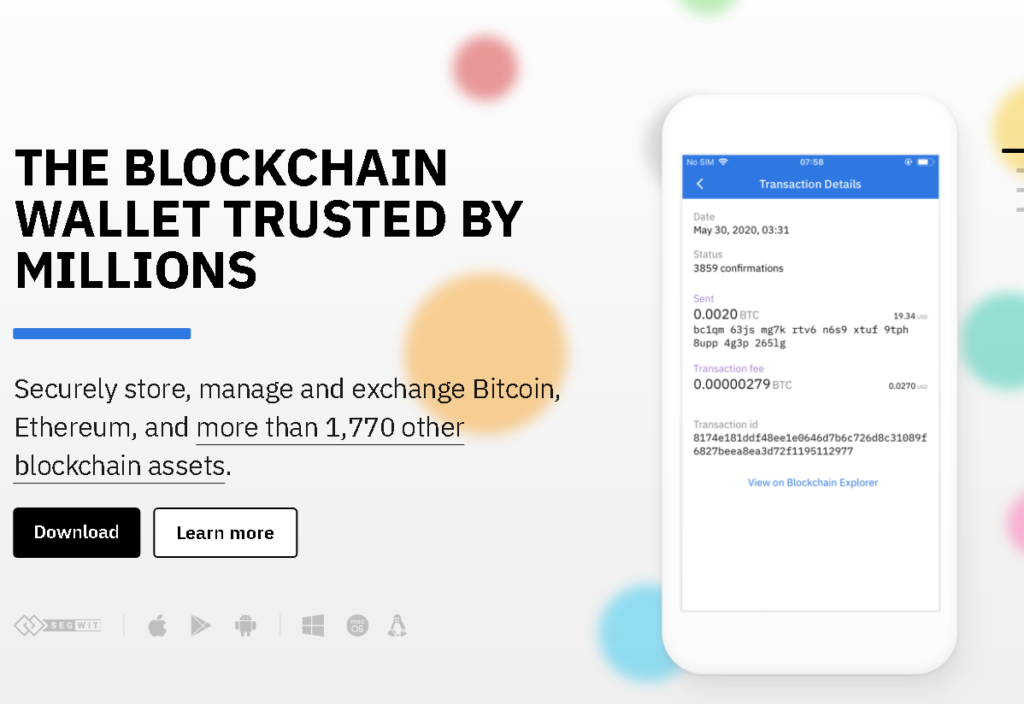
Coinomi has a vast number of coin support in the industry of non-custodial wallets supporting over 125 crypto assets and 1700+ tokens, including ERC20.
If you don’t find any token that is not listed on the coinomi, then you can add them manually by following the video instructions below.
From the security aspects, Coinomi is the non-custodial HD wallet with the PIN protection and seed key and the passphrase feature that you can enable anytime.
You can download the Coinomi app for Android, iOS, Windows, Mac, Linux.
And the coinomi support team can assist you anytime.
Conclusion.
Ok, my list ends here.
Above are the wallets that have all the features that I listed in the beginning.
Now it’s up to you to choose the best one.
Is it a Hardware wallet? Or the Web? Or Mobile?
Tell me your choice by commenting.
If you found this post useful, then do share it with your family and friends.
